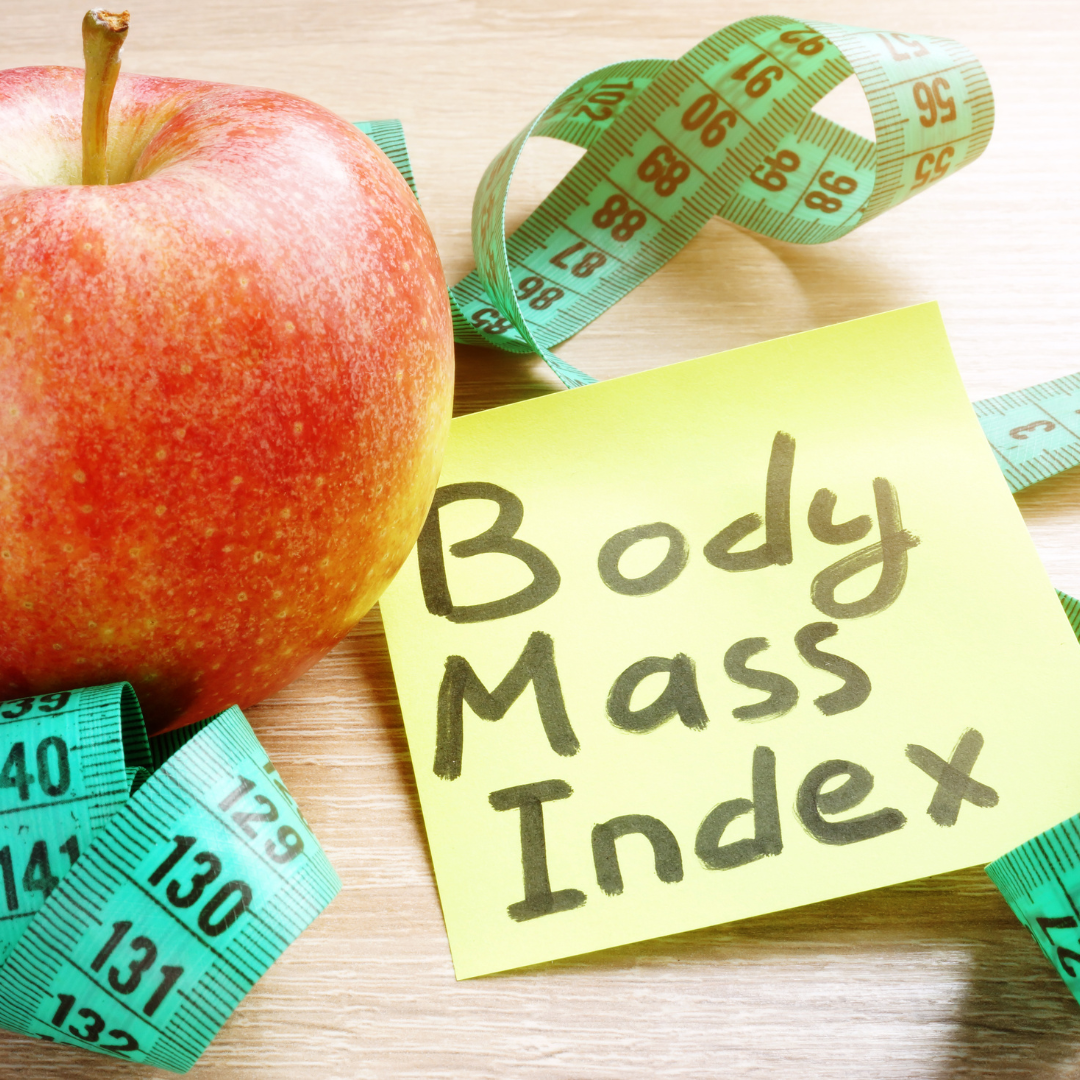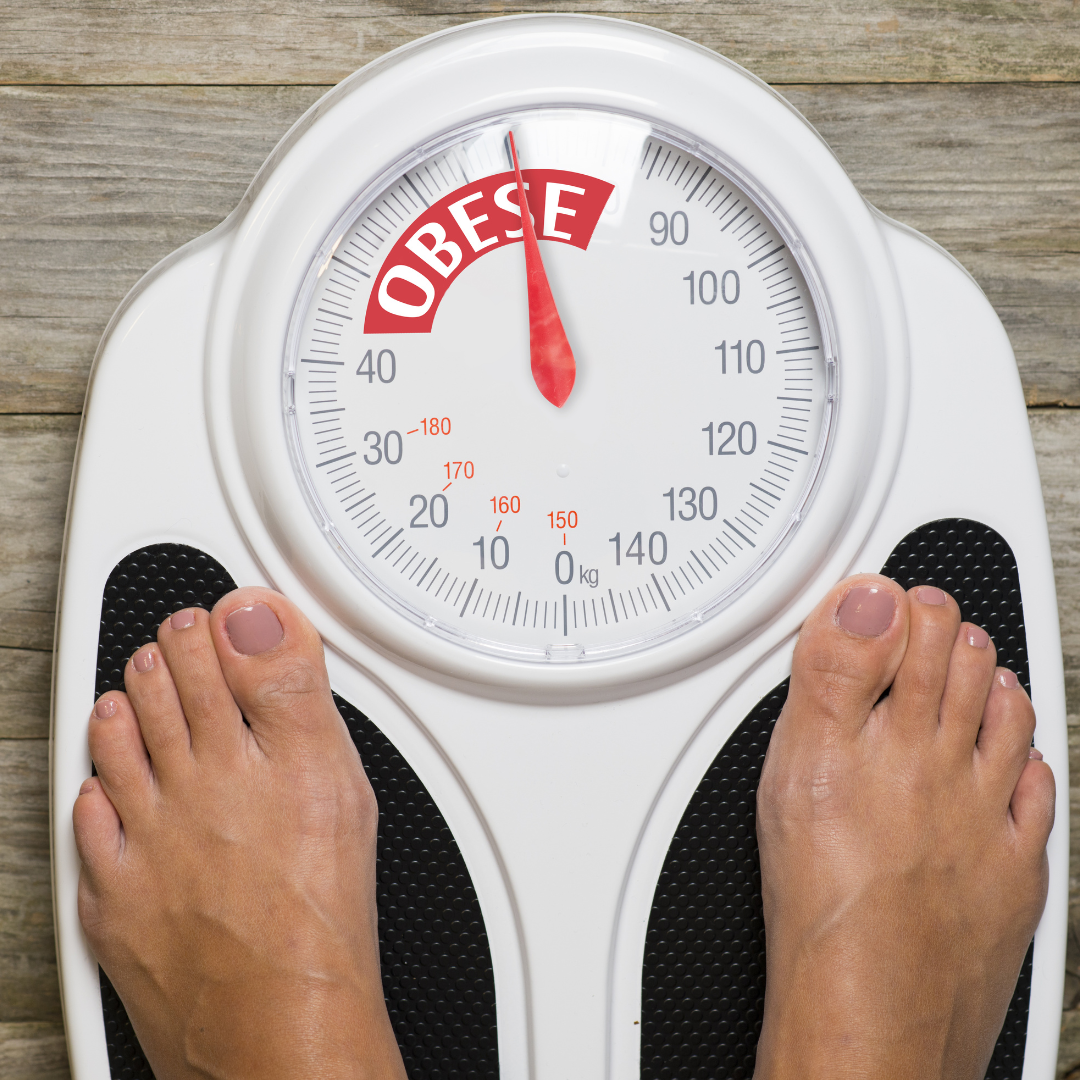Obesity Reversal

Obesity Reversal
In today's fast-paced world, both men and women face unique challenges in maintaining health and wellness. Obesity, a widespread health issue, affects individuals worldwide due to various factors such as hormonal changes, sedentary lifestyles, and unhealthy eating habits. Excessive body fat impacts not only physical appearance but also increases the risk of diabetes, heart disease, and other health complications. Ayurveda, the ancient Indian system of medicine, offers effective and natural solutions to combat obesity and manage related lifestyle diseases by identifying and addressing their root causes.
Root Causes (Nidanas) of Obesity
Obesity is a metabolic disorder typically resulting from an imbalance between energy intake and expenditure. It is particularly prevalent in affluent societies and is often associated with sedentary lifestyles and unhealthy dietary habits. In Ayurveda, the root causes of obesity include:
- Dietary Causes: Excessive consumption of energy-dense foods high in fat and carbohydrates.
- Behavioral Causes: Lack of physical activity, irregular food habits, and excessive daytime sleeping.
- Psychological Causes: Stress, anxiety, and other mental health issues.
- Miscellaneous Causes: Age, sex, genetics, endocrine disorders, medications (e.g., steroids, oral contraceptives), and improper administration of therapeutic measures.
Ayurveda categorizes obesity (Sthaulya) and excess fat tissue (Medovriddhi) as conditions resulting from an imbalance of the doshas, with Medovriddhi being the initial stage that can progress to Sthaulya if left unchecked.

The Ayurvedic Approach: Beyond BMI
Ayurveda emphasizes that each individual's body type (Prakriti) has unique traits, and a healthy Body Mass Index (BMI) range can vary accordingly. Instead of solely relying on BMI, Ayurvedic assessments focus on understanding one's body constitution (Vata, Pitta, Kapha) to develop personalized treatment plans. This holistic approach ensures that treatments are tailored to the specific needs and imbalances of each individual, promoting sustainable and effective weight management.

Root Causes (Nidanas) of Obesity
Obesity is a metabolic disorder typically resulting from an imbalance between energy intake and expenditure. It is particularly prevalent in affluent societies and is often associated with sedentary lifestyles and unhealthy dietary habits. In Ayurveda, the root causes of obesity include:
- Dietary Causes: Excessive consumption of energy-dense foods high in fat and carbohydrates.
- Behavioral Causes: Lack of physical activity, irregular food habits, and excessive daytime sleeping.
- Psychological Causes: Stress, anxiety, and other mental health issues.
- Miscellaneous Causes: Age, sex, genetics, endocrine disorders, medications (e.g., steroids, oral contraceptives), and improper administration of therapeutic measures.
Ayurveda categorizes obesity (Sthaulya) and excess fat tissue (Medovriddhi) as conditions resulting from an imbalance of the doshas, with Medovriddhi being the initial stage that can progress to Sthaulya if left unchecked.

Panchakarma (Shodhan) Therapies at Kiaan Ayurveda
Panchakarma is a cornerstone of Ayurvedic treatment, focusing on detoxification and rejuvenation to balance the doshas and improve overall health. At Kiaan Ayurveda, the following Panchakarma therapies are recommended for managing obesity:
- Vaman (Therapeutic Emesis): Induces vomiting to cleanse the upper digestive tract.
- Virechan (Therapeutic Purgation): Cleanses the lower digestive tract through purgation.
- Lekhan Vasti (Medicated Enema): Administers medicated enemas to cleanse the colon.
These therapies help eliminate toxins (Ama) from the body, reduce excess fat, and restore balance to the doshas.

Palliative (Shamana) Methods of Treatment at Kiaan Ayurveda
Alongside Panchakarma, Kiaan Ayurveda offers palliative treatments to manage obesity through natural and holistic approaches. These include:
- Langhan (Fasting): Controlled fasting to enhance metabolism and burn excess fat.
- Ama Pachan: Use of digestive herbs to improve metabolism and reduce fat.
- Ruksha Udwartan (Dry Medicated Powder Massage): Stimulates circulation and aids in fat reduction.
- Herbal Remedies: Use of single herbs like Guduchi, Vidanga, Musta, Sunthi, Amla, Vaca, and compound formulations like Trikatu, Navak Guggulu, Triphala Guggulu, Vidangadi Churna, Takrarishta, and Arogya Vardhini Vati to manage weight and improve overall health.

Do's
Diet:
- Consume low-fat, low-calorie foods.
- Include high-protein foods to stay fuller for longer.
- Prefer steamed, boiled, or baked vegetables over fried ones.
- Eat frequent small meals to avoid cravings.
- Drink skimmed milk and warm water.
- Incorporate healthy foods like oatmeal, walnuts, salads, bitter gourd, drumstick, barley, wheat, green gram, honey, Indian gooseberry, pomegranate, and skimmed buttermilk.
- Use lemon in diet and drinks.
Physical Activity:
- Engage in mild to moderate exercise according to individual capacity.
- Develop a regular habit of brisk morning walks for at least 30 minutes.
- Practice yoga and meditation to manage stress and promote mental clarity.
Do's and Don'ts (Pathya-Apathya) in Obesity Management
Maintaining a healthy lifestyle is crucial for managing obesity. Kiaan Ayurveda provides the following guidelines:

Don'ts
Diet:
- Avoid high-carbohydrate vegetables like potatoes and rice.
- Limit sugary or sweet products, excessive dairy products, fried and oily foods, fast foods, and excessive salt.
Lifestyle:
- Avoid sedentary habits and excessive sleep.
- Refrain from watching TV while eating.
- Avoid alcohol and smoking.
Kiaan Ayurveda
Online Ayurvedic Consultation
Share

Contact form
Ayurvedic Perspective on Hypertension
Introduction: Hypertension, or high blood pressure, is a condition where the force of blood against the walls of arteries is consistently too high. In Ayurveda, hypertension is understood as Rakta Gata Vata, primarily involving the vitiation of Vata dosha and the blood tissue (Rakta dhatu). This imbalance is often exacerbated by dietary and lifestyle factors that disturb all three doshas (Vata, Pitta, Kapha) and impair the body's natural mechanisms for maintaining blood pressure.
Causes of Hypertension According to Ayurveda: Hypertension in Ayurveda is attributed to various factors:
- Dietary Factors: Overconsumption of oily, fried, and spicy foods, excessive intake of salt, and inadequate intake of fresh fruits and vegetables can aggravate Pitta and Kapha doshas. This leads to the accumulation of toxins (ama) and impurities in the body, including in the blood vessels.
- Lifestyle Factors: Sedentary lifestyle, lack of physical exercise, chronic stress, insufficient rest and sleep, and addiction to alcohol, tobacco, and smoking all contribute to the imbalance of doshas and vitiation of Rakta dhatu. These factors increase the risk of hypertension by disrupting the natural balance of physiological functions.
- Psychological Factors: Emotional disturbances such as anger, irritability, and chronic stress can aggravate Pitta dosha, leading to increased blood pressure levels over time.
Effects of Hypertension: Untreated or poorly managed hypertension can lead to severe complications:
- Cardiovascular Effects: Hypertension can damage the arteries, making them less elastic (arteriosclerosis), which restricts blood flow and oxygen supply to the heart. This increases the risk of conditions such as unstable angina, heart attack (myocardial infarction), aneurysm, left ventricular hypertrophy (LVH), and heart failure.
- Organ Damage: Prolonged hypertension can cause damage to vital organs, including chronic kidney disease (CKD), brain stroke (cerebrovascular accident), and pulmonary edema (fluid accumulation in the lungs).
Symptoms of Hypertension: Common symptoms of hypertension include:
- Headaches
- Anger or irritability
- Epistaxis (nosebleeds)
- Fatigue
- Vision problems
- Red eyes
- Shortness of breath or difficulty breathing
- Irregular heartbeat
- Excessive sweating
- Trouble sleeping
- Morning sickness (nausea)
- Persistent back and neck pain
Ayurvedic Management of Hypertension:
- Detoxification Therapies (Panchakarma): Ayurvedic detoxification treatments aim to eliminate accumulated toxins (ama) from the body. Panchakarma therapies like Virechana (therapeutic purgation) and Basti (medicated enema) help in cleansing the body, improving digestive fire (Agni), and restoring balance to doshas.
- Herbal Medicines: Specific herbs and herbal formulations are prescribed to pacify aggravated doshas, strengthen the cardiovascular system, and regulate blood pressure naturally. Examples include Arjuna (Terminalia arjuna), Brahmi (Bacopa monnieri), Jatamansi (Nardostachys jatamansi), and Sarpagandha (Rauwolfia serpentina).
- Dietary and Lifestyle Modifications: Individuals with hypertension are advised to follow a balanced diet that includes fresh fruits, vegetables, whole grains, lean proteins, and healthy fats while limiting salt, sugar, and processed foods. Regular physical exercise, yoga, meditation, adequate rest, and stress management techniques are integral to maintaining optimal blood pressure levels.
- Individualized Treatment: Ayurvedic treatment for hypertension is personalized based on the individual's body constitution (Prakriti), the severity of symptoms, and underlying imbalances. Regular monitoring of blood pressure levels and adjustments in treatment are made as per the response to therapy.
Conclusion: Ayurveda offers a holistic approach to managing hypertension by addressing the root causes through diet, lifestyle modifications, herbal medicines, and detoxification therapies. By restoring balance to doshas and promoting overall health and well-being, Ayurvedic treatment aims to prevent complications associated with hypertension and support long-term cardiovascular health.

